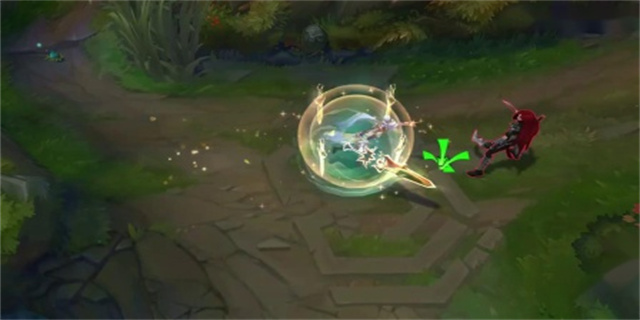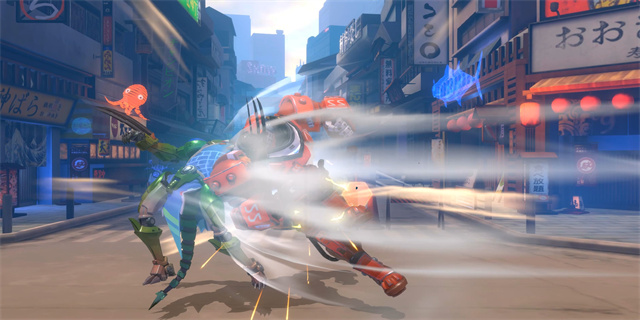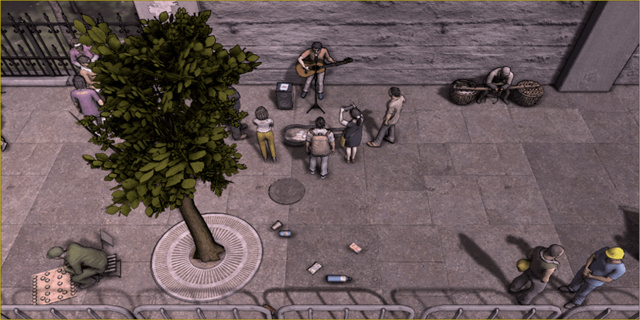sonofabitch(Son of a Bitch)
Son of a Bitch
Introduction
Son of a bitch. It's a phrase that carries varying degrees of offense and intensity. In some cases, it can be used playfully among friends, while in others, it can be a harsh insult. This particular expression has deep roots in history and has evolved to become a versatile and impactful part of our modern language. This article aims to explore the origins, cultural significance, and different interpretations of the term \"son of a bitch.\"

The Origins of Son of a Bitch
The origin of the term \"son of a bitch\" dates back centuries, with its first known usage traced to the late 17th century. Historically, it was a derogatory way of denoting someone as being of low social status or questionable character. The term, like many others, has been passed down through generations and has become deeply ingrained within various cultures.

Initially, \"son of a bitch\" referred to a man born out of wedlock, implying that his mother engaged in an immoral act. The phrase was used to belittle and denigrate the person mentioned. Over time, the term expanded its meaning to encompass a wider range of negative traits associated with a person, such as dishonesty, cruelty, or personal shortcomings. It became a way to express disdain, frustration, or anger towards someone or something.
The Cultural Significance of Son of a Bitch
The phrase \"son of a bitch\" has become deeply embedded in popular culture, making appearances in various forms of media, including movies, books, music, and even everyday conversations. Its cultural significance lies in its ability to convey strong emotions and tap into shared experiences. Whether it's used as an exclamation of surprise or frustration, or as a direct insult, the term has a way of resonating with individuals across different backgrounds.
Furthermore, the phrase has been embraced by some as a way to express rebelliousness or assert independence. In certain subcultures, it is used as a form of self-identification, embracing the label and turning it into a symbol of defiance against societal norms or expectations.
Interpretations and Context of Son of a Bitch
Understanding the various interpretations and context surrounding the term \"son of a bitch\" is crucial to better grasp its implications. This phrase can vary greatly in severity and intention, depending on who says it and in what context.
For instance, within a group of friends, the term may be used playfully to tease or banter. It becomes a lighthearted expression without any harmful intent. However, when used in a serious argument or conflict, the phrase takes on a more offensive nature, aimed at insulting or belittling the other person.
It is important to recognize the cultural differences and sensitivities surrounding this phrase, as it may carry different meanings and implications depending on the language and cultural context it is used in. What may seem like a harmless remark in one culture may be deeply offensive in another.
Conclusion
Son of a bitch, a term with a long and varied history, has become ingrained in our language and popular culture. From its origins as a derogatory phrase to its current use as an expression of frustration or defiance, its cultural significance cannot be ignored. However, it is crucial to consider the context and interpretation when using or encountering this term, as its impact can vary greatly depending on the situation. With its versatility and emotional intensity, \"son of a bitch\" reminds us of the power that words hold in shaping our understanding and perception of the world.
Picopark: Exploring the Fun-filled World of Entertainment P
2024-03-29


















